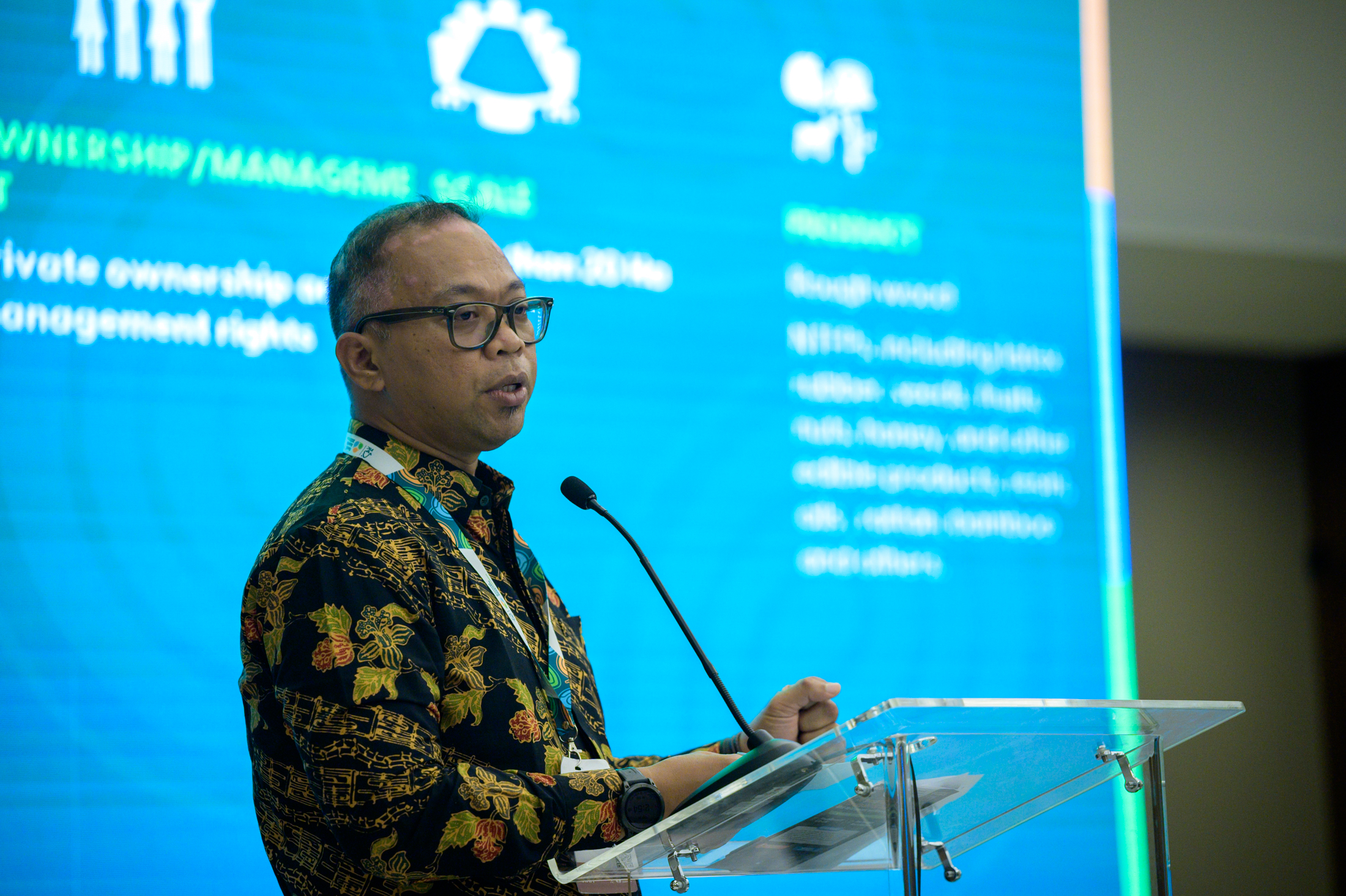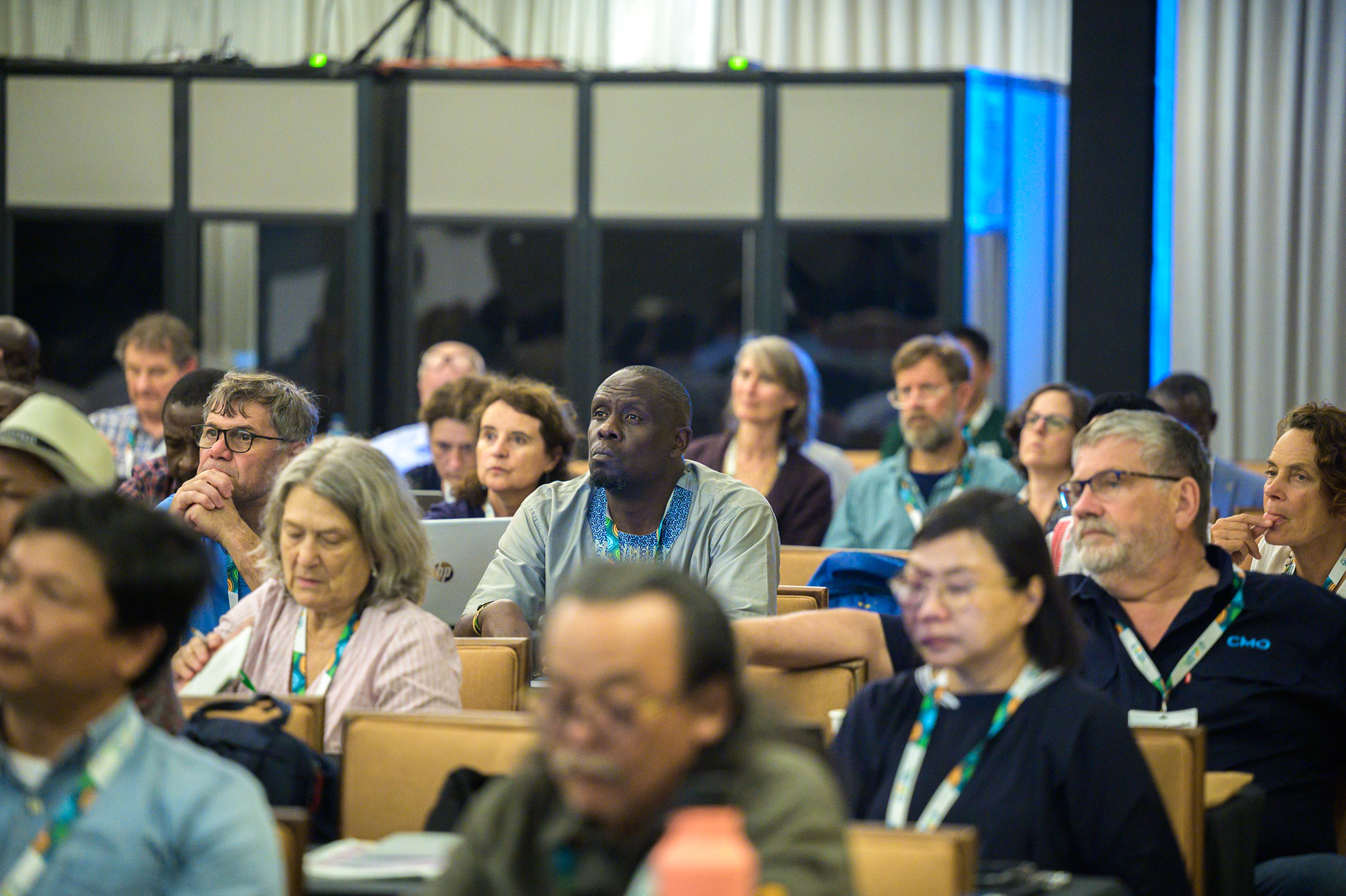
To make FSC certification more accessible and practical for smallholders in Asia Pacific, the region developed The Regional Forest Stewardship Standard for Smallholders (RFSS) - a tailored version of FSC's Forest Stewardship Standard specifically designed for smallholders in a particular region. It simplifies and adapts the FSC requirements to better match the realities and capacities of smallholders while maintaining the credibility and rigour of FSC certification.
“The RFSS has shown strong uptake and interest. More than 25 new forest management certificates were issued during the pilot (carried out in India, Indonesia, Thailand and Vietnam). It’s a positive signal that smallholders want to join the system” said Thesis Budiarto, FSC Asia Pacific.
In Africa, community-based and association-led models are helping thousands of smallholders gain certification and benefit from ecosystem services.
“In Africa, smallholders are not only protecting forests—they’re building schools, hospitals, and livelihoods,” said Annah Agasha, Deputy Regional Director at FSC Africa.
Present in the room was also H.E. Hendra Halim, Ambassador of Indonesia to Panama, Costa Rica, Nicaragua, and Honduras who expressed gratitude for being part of the discussion and appreciation for insights from Asia and Africa. He highlighted inclusivity, emphasizing that smallholders should receive the same quality and attention as larger actors, and felt inspired by the collaboration across regions noting the importance of shared learning.
Insights from the small holders themselves
The session brought a panel of smallholders to the stage to share their experience with the FSC-certification.
Representing Africa’s smallholder experience, Dennis Kameya from Timber Growers Association - an association that brings together commercial tree growers in Uganda- highlighted how collaboration and innovation are helping smallholders in his country move from subsistence forestry to sustainable enterprise.
Untung Karnanto from Indonesia referred to the inclusion of youth and gender equality within his community forestry initiatives and explained that his team deliberately involves women and youth in training and decision-making processes, viewing them as key actors in responsible forest management.
Dinh Dai Nguyen, representing FSC Vietnam, shared experiences from the pilot implementation of the RFSS in his country and said: “with the RFSS standard, we believe that we can scale it up”, pointing to growing interest from communities and companies alike in expanding the scope to include natural forests and ecosystem services.
Outcomes and next steps
Speakers emphasized the importance of continued collaboration with governments, certification bodies, and local partners to overcome persistent challenges, such as limited market access, low awareness, and auditor availability.
Both regional programmes - Asia Pacific’s RFSS and Africa’s community-led models - are set to expand in 2026, with greater focus on ecosystem services, natural forest inclusion, and smallholder business development.


